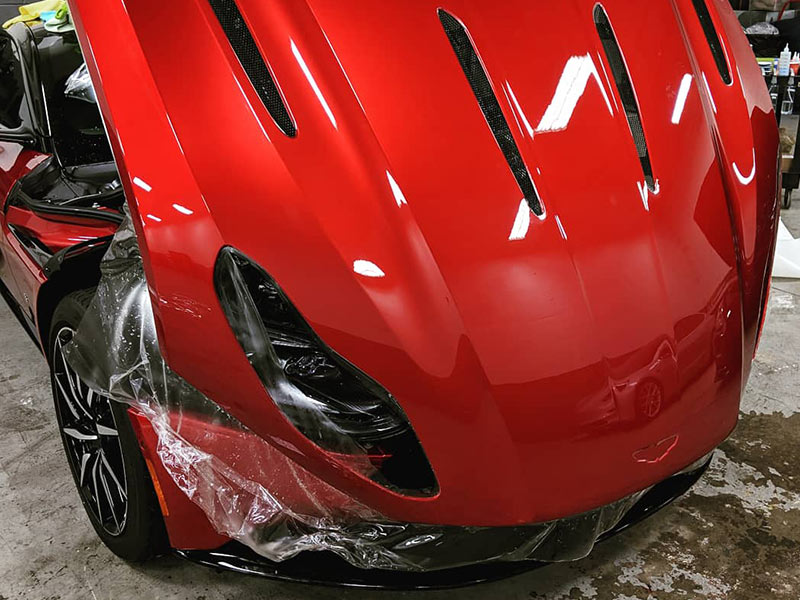
When determining the best auto wrap for your vehicle, a thorough understanding of the different types is essential for making an informed choice. Cast vinyl wraps, well-known for their thinness and flexibility, excel in adhering to complex surfaces and providing long-lasting durability with strong resistance to environmental elements. In contrast, calendared vinyl wraps, though thicker and less flexible, are suitable for flat or slightly curved surfaces and are ideal for short-term applications. Additionally, perforated vinyl wraps offer one-way visibility, making them ideal for window graphics while maintaining interior privacy. Each type brings unique advantages, tailored to specific requirements and preferences.
Types of Auto Wraps
When considering an auto wrap for your vehicle, it is essential to understand the various types available to make an informed decision. Auto wraps can be broadly categorized into three main types: cast vinyl, calendared vinyl, and perforated vinyl. Each type has specific characteristics and applications that cater to different needs and preferences.
Cast vinyl wraps are produced through a casting process that results in a thin, flexible, and highly conformable material. This type is preferred for complex surfaces and long-term applications due to its superior durability and resistance to environmental factors. Cast vinyl is ideal for full vehicle wraps and intricate designs that require precise adherence.
Calendared vinyl wraps, on the other hand, are manufactured using a rolling process, which makes them thicker and less conformable compared to cast vinyl. While they are more cost-effective, calendared vinyl is best suited for flat or gently curved surfaces and shorter-term applications. It is often used for partial wraps, decals, or commercial fleet graphics.
Perforated vinyl wraps, designed with small holes, allow for one-way visibility, making them perfect for window graphics. This type maintains exterior visibility while ensuring the interior remains private, optimizing both aesthetics and functionality.
Benefits of Each Type
Understanding the benefits of each variety of auto wrap is crucial for selecting the most appropriate material for your specific application. Vinyl wraps, for example, are well-known for their durability and versatility. They offer a wide range of colors and finishes, such as gloss, matte, and satin, catering to diverse aesthetic preferences. Additionally, vinyl wraps provide excellent protection against UV rays and minor abrasions, significantly prolonging the lifespan of the vehicle’s original paint.
Polymeric vinyl wraps, although slightly pricier, boast superior conformability and dimensional stability, making them ideal for intricate contours and long-term applications. This type of wrap is particularly favored in commercial settings where branding consistency and longevity are crucial.
Cast vinyl wraps represent the top tier, offering unmatched performance in terms of flexibility and longevity. These wraps are less prone to shrinkage and can withstand extreme weather conditions, making them the preferred choice for high-end vehicles and luxury branding projects.
On the other hand, calendared vinyl wraps, although more affordable, are best suited for short-term applications. Their thicker composition makes them less flexible, but they are effective for temporary promotions and seasonal advertising.
Each variety of auto wrap brings unique advantages, ensuring that clients can find a customized solution for their specific needs.
Choosing the suitable auto wrap requires a thorough understanding of the different types available. Cast vinyl wraps, similar to an athlete’s top-performing gear, offer unmatched flexibility and durability for intricate surfaces. On the other hand, calendared vinyl wraps, like a sturdy workhorse, work well for simple, temporary applications. Perforated vinyl wraps offer a distinct solution for window graphics, guaranteeing one-way visibility similar to a two-way mirror. Each type, with its unique advantages, addresses diverse automotive wrapping needs, ensuring top-notch performance and aesthetic appeal.